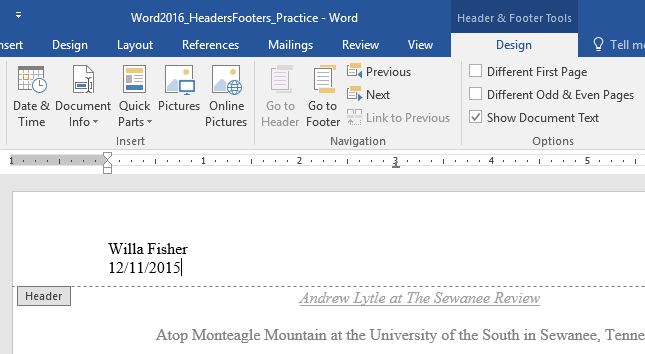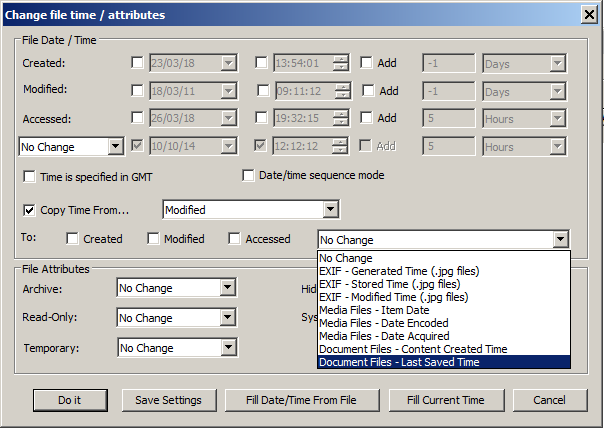

A quite simple procedure but very helpful one. This is where the Content Controls show up, where all we need to do is to create one. We want the Calendar to be displayed, and for them to select a Date. Yes, the Site Owner can assume ownership of the document and then check it in, but unless the Site Owner specifically goes to the library setting that allows you to assume control of documents that are not checked in, the document is essentially invisible to everyone except the person who dragged it in to the library! So, be sure to train your users to pay attention to the little green “checked out” arrow when they add content to a document library.Sometimes in a Microsoft Word Document, we want to add in our Document a Date Picker where someone can select a specific Date. In other words, it won’t be visible to anyone, even the Site Owner, until the original user checks it in. The first time a user drags and drops a document into a document library that has a required metadata column, even if the column has a default value, the document will land as “checked out” until the person who dragged the document in to the library checks it in. However, if you want users who upload a single document to get prompted to enter metadata, use one of the approaches above.īonus Tip: There’s another metadata-related “gotcha” that you will probably need to address in training. There is no work around for this so you will need to address this in training. Remember that no one gets prompted for metadata when they upload or drag and drop more than one document to a library. As long as you have at least one required attribute, users will see the prompts to enter all of your attributes when they upload a single document. It doesn’t matter whether that attribute has a default value or not. (This is basically the same thing as the first approach, because you would have to have content types enabled in order to have a custom content type!)

If you have any custom content types associated with your library, whether or not they have any required columns, users will be prompted for metadata when they upload an individual document. Even if you do not actually add any custom content types, simply enabling content types will change the user experience so that when you upload an individual document, you will be prompted to enter any of the metadata associated with that library.

In SharePoint 2013 and earlier versions of SharePoint on premises, when you upload a single document from a screen like this one, the next screen you see are the prompts to enter document metadata.


 0 kommentar(er)
0 kommentar(er)
